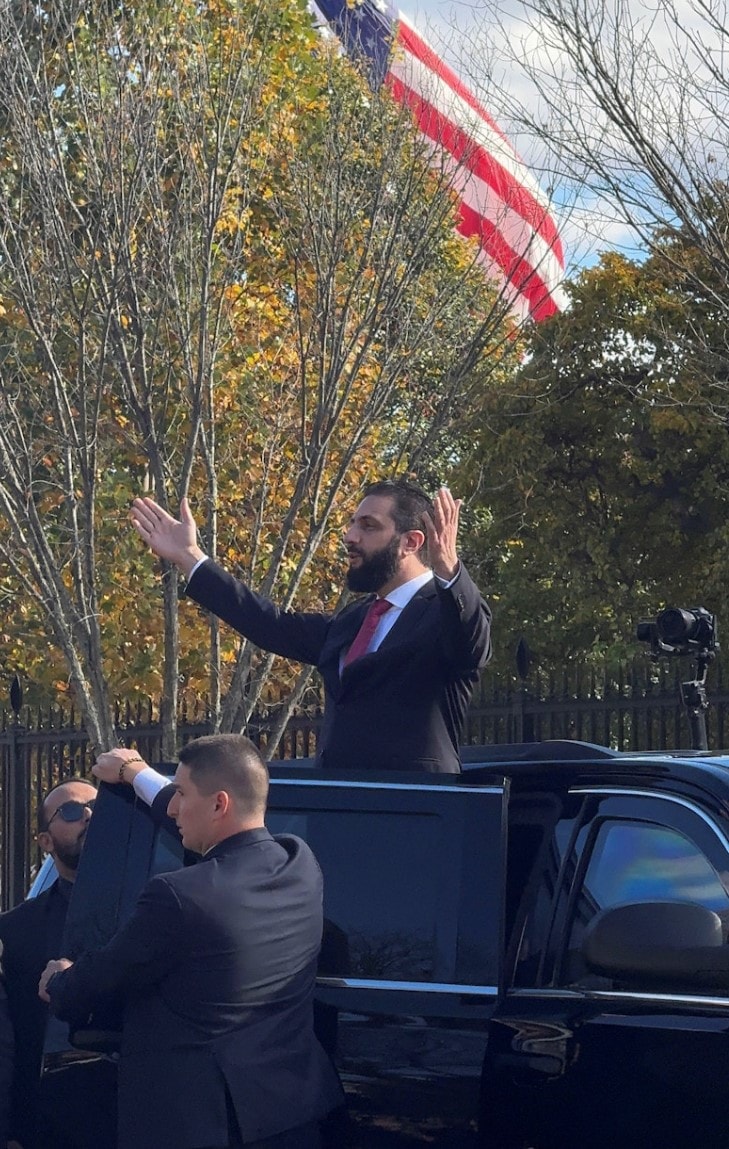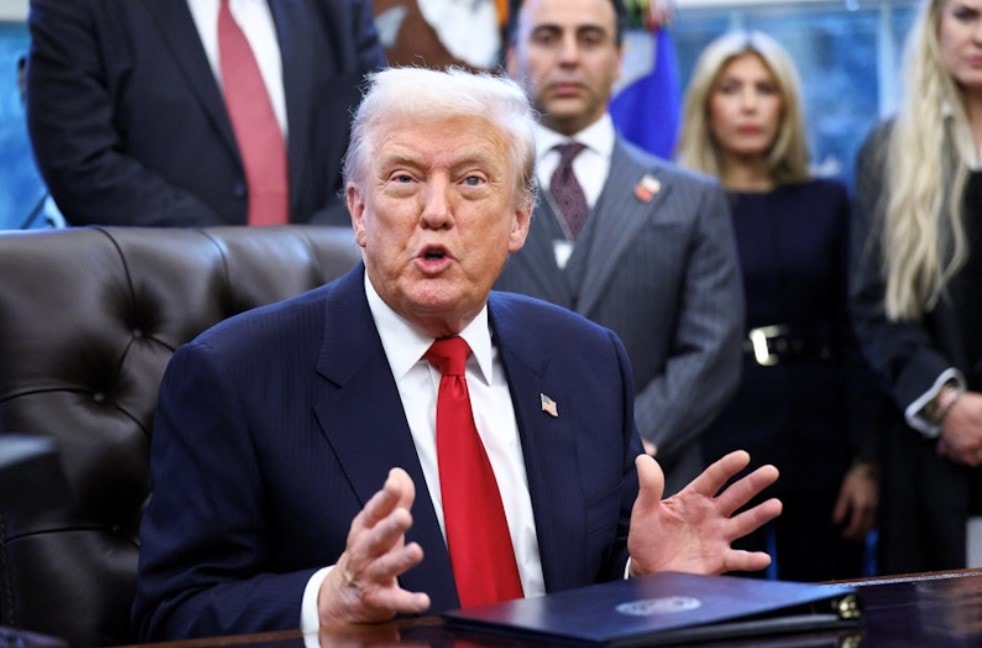Syria cooperates with the US in counter-terrorism efforts: A sign of a renewed Middle East order.
Syrian interim President Ahmad al-Sharaa's visit to the White House and his country's entry into the US-led global coalition against the self-proclaimed "Islamic State" (IS) terrorist organization are seen by experts as potential signs of a far-reaching power shift in the Middle East.
ISIS remains a persistent threat.

This week, Syria officially became the 90th member of the Global Coalition against ISIS. This move has been described by Middle Eastern political observers as a "surreal" moment.
Syrian interim president Ahmad al-Sharaa was welcomed by US President Donald Trump at the White House. Even more surreal is that this former al-Qaeda member signed an agreement to join his country in the coalition against ISIS, which was originally an al-Qaeda affiliate in Iraq.
However, analysts argue that this move is entirely logical. The militia that al-Sharaa later founded, Hayat Tahrir al-Sham (HTS), had separated from al-Qaeda in 2016 and focused on fighting against President Bashar Assad's government, while also fighting ISIS within Syrian territory for many years.
Syria's joining the coalition is a logical move because ISIS remains a constant threat within the country. Since Assad was overthrown a year ago, approximately 2,500 to 3,000 ISIS loyalists have remained active in Syria. Researcher Tanya Mehra from the International Centre for Counterterrorism (ICCT) stated: "ISIS thrives on instability and chaos."
This group has exploited the security chaos to re-establish a presence in areas from which they had previously withdrawn. IS's new strategy is to shift to a "flexible sleep state," focusing on persistence and disruption rather than territorial control. They operate in small groups of around 10 fighters, conducting nighttime ambushes, planting improvised explosive devices, employing "lone wolf" attacks, and extorting money, even recruiting new members with salaries of $400 per month.
The significance extends beyond counter-terrorism.
Syria's joining the anti-ISIS coalition has far greater significance than the ongoing war itself. This move will impact Syrian Kurdish groups – the most important partner of the U.S. in the fight against ISIS (the Syrian Democratic Forces (SDF)) – which currently control areas in northern Syria.
Researchers at the Middle East Institute (MEI) argue that the Syrian government's official participation in the fight against IS would "undermine the SDF's exclusive position" as the coalition's sole official partner, thereby reducing the SDF's leverage in negotiations with Damascus.
However, researcher Mehra (ICCT) sees this as an opportunity to foster better relations between Damascus and the SDF. She hopes the Syrian government will "rely on the integrated SDF fighters, who have considerable experience in fighting ISIS."
Signs of a US-led regional order

Recent rumors and indications suggest this move could pave the way for a direct U.S. military presence in Syria. There are rumors that the U.S. might establish a base near Damascus.
According to observers, a new US military base would help allay doubts about al-Sharaa's past links to extremist groups, while also reducing the influence of other countries such as Iran, Russia, and Türkiye.
Marc Lynch, a professor of political science at George Washington University, stated: "All signs point to a US vision of firmly integrating a new Syria into the Washington-led regional order." Lynch even described this as "one of the smartest things the Trump administration has done in the Middle East."
"However, there are two main obstacles to this new order: al-Sharaa's ability to navigate the divisions within the community (including with the SDF) and, most importantly, Israel. Israel currently stands outside the US support for al-Sharaa's state-building efforts. If the US establishes a base in Damascus, they will be forced to confront the reality that the greatest external threat to Syria is Israel itself. This could have far-reaching consequences for the regional order."



